China Is Inoculating Thousands With Unapproved COVID-19 Vaccines. Why?
Enlarge this image
A staff member checks vaccines at a Beijing factory built by Sinovac to produce a COVID-19 coronavirus vaccine. Sinovac is one of 11 Chinese companies approved to carry out clinical trials of potential vaccines.
Wang Zhao /AFP via Getty Images
hide caption
toggle caption
Wang Zhao /AFP via Getty Images
Goats and Soda
Rush To Produce, Sell Vaccine Put Kids In Philippines At Risk
«I think the second question will be around something called enhanced respiratory disease, says Kim, referring to a form of lung disease that some animals developed after getting experimental vaccines for SARS, another coronavirus that infected 8,098 people from 2002 to 2004.
Beyond health, rolling out vaccines without all the data raises other risks for China. Already, a string of quality scandals over the years has people inside the country, and out, skittish about made-in-China drugs. If something goes wrong with these vaccines, it would be a disaster.
«If they chose to do this and they ruin their reputation, that will just make things worse and no one dare to use a Chinese vaccine anymore, says Hong Kong University’s Jin.
So why take the risk and deploy unproven COVID vaccines when there’s no immediate scientific emergency? «It’s more driven by commercial interests than by the public health needs, let me put it this way, says Yanzhong Huang, a fellow at the Council on Foreign Relations.
Companies like Sinopharm will not have any pricing power once the vaccine is approved and formally rolled out; the government will control that. Right now, however, they can charge what they like – and they are influential enough to convince the government to leave open this window.
«We tend to think that this authoritarian state is making the decisions like a coherent, centralized process, but that is not the case in China, says Huang.
Early Recipients
So who is eligible for early inoculation? Neither China’s health regulators nor its two vaccine makers have clarified how they determine who qualifies for the vaccine.
Within China, locking in a vaccination slot is still a coveted — and limited — commodity granted mostly to blue chip state firms. Sinopharm did not respond to multiple requests for comment.
At a November health conference, Liu, the Sinopharm chairman, said among those vaccinated were «state-owned enterprise workers sent to various overseas offices, Huawei’s offices in 180 countries around the world and [China’s] diplomats.
Outside the Beijing Institute of Biological Products, a Sinopharm subsidiary in charge of one of its two vaccines, an NPR reporter interviewed dozens of state employees waiting for their vaccination shots. Many said they worked for state-owned companies active in the Belt and Road, a Chinese global infrastructure initiative spanning the African continent and the Middle East.
«I need the vaccine. The pandemic is so bad outside China, said Cheng Litong, a construction worker for China Railway waiting for his second shot. «Now state workers already abroad are all lining up to get the vaccine when they return to China.
But some vaccine recipients NPR spoke to in Beijing included state-employed bureaucrats and office workers with no immediate plans to travel abroad.
«The company notified us new hires had to be vaccinated, so I came to Beijing, said Xiao Nan, an office administrator at a China Railway subsidiary based in China’s northern Shandong province. He says he is baffled about why he needs vaccination, because his work does not require him to leave the country. «I was told it was for safety purposes, he says shrugging.
Others have been turned away. In October, Chinese outlets reported students studying abroad could sign up for Sinopharm’s coronavirus vaccine in Beijing and Wuhan, the port city where the epidemic first began. But the registration platform was taken down the next day, and those who had signed up were notified that Sinopharm could no longer provide the vaccine.
Amy Cheng contributed research from Beijing.
- COVID-19
- pandemic
- vaccine
- coronavirus
- China
Обсудим?
Смотрите также:

